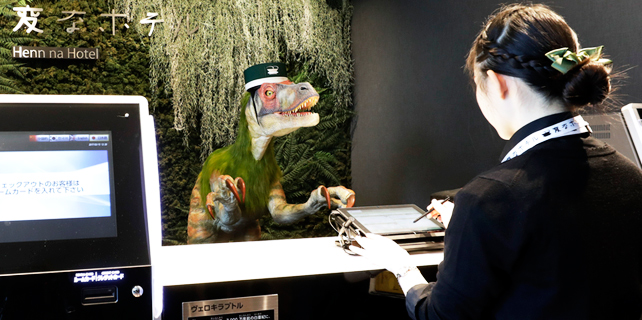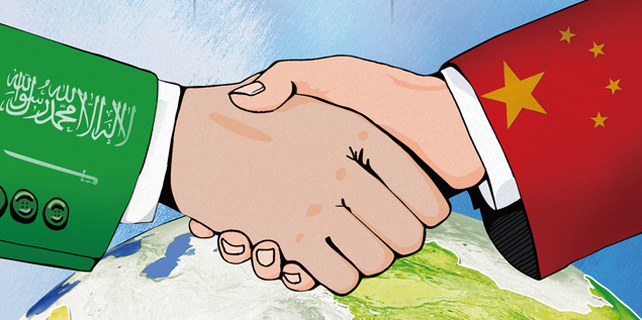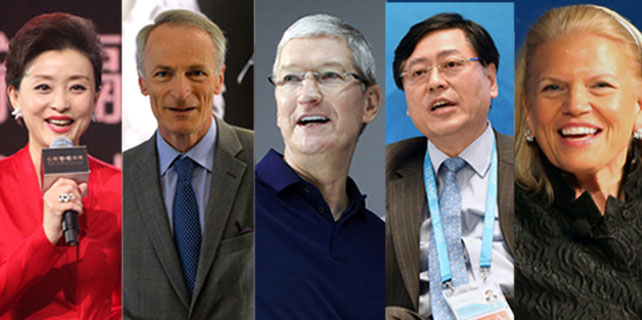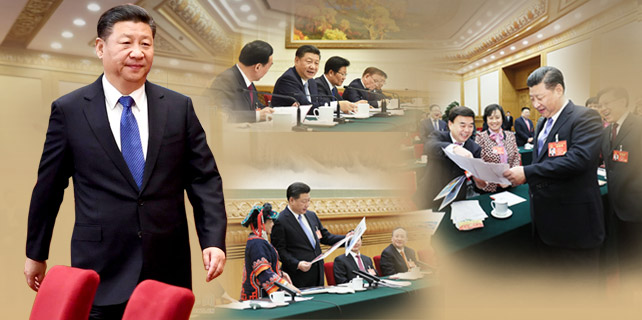Two popular TV shows featured in key political discussions
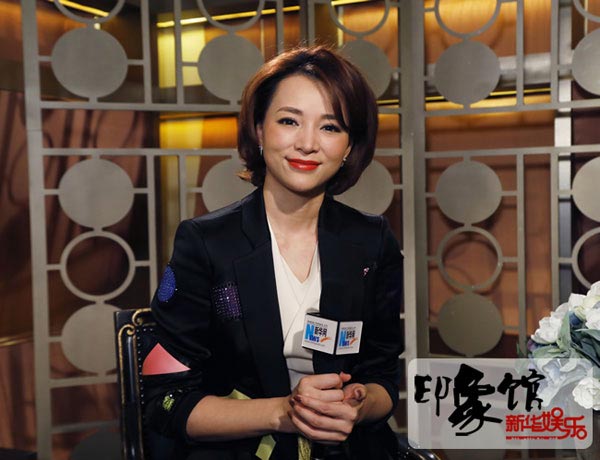 |
|
Dong Qing, host and producer of The Reader [Photo/Xinhua] |
Two TV shows — The Reader and the Chinese Poetry Conference — are so popular that they featured in political meetings in the country.
Many members of the National Committee of the Chinese People's Political Consultative Conference, China's top political advisory body, spoke about them during the two sessions — the annual meetings of the National People's Congress and the National Committee of the CPPCC — which wrapped up on Wednesday.
Some members said the popularity of the TV programs showed the need for more such cultural products.
Writer Gao Hongbo said the two programs were not copies of foreign ones, or those that only sought to make money.
Meanwhile, Peking Opera master Yuan Huiqin expressed pride that the country had listed 1,372 types of national-level intangible cultural heritage.
Yuan praised the ongoing project that records the performances by masters of traditional Chinese opera, and added that she hoped to see more such projects, including ones that would see cooperation with top universities.
Writer Zhao Lihong suggested as he was speaking as a representative of three groups on March 4 to President Xi Jinping that there should be more theme parks based on Chinese cultural traditions. "The Chinese have enough funds, imagination and stories to create our own theme parks," Zhao said.
Other members agreed adding that the Chinese should also promote these concepts globally.
"There is a huge market outside for such creative products," said Fan Di'an, the head of the Central Academy of Fine Arts, at a group discussion.
Sculptor Wu Weishan, the director of the National Art Museum of China, said the Belt and Road Initiative was an opportunity for artists to boost international exchanges.
Pony Ma Huateng, the chairman of Tencent, proposed training and support for translators, and opportunities for them to be educated at foreign universities so that they could help boost China's cultural exports.
Ma, whose company holds the copyrights to a huge trove of digital cultural products, including web literature, games and videos, also said: "As they (the cultural products) are increasingly popular in overseas markets, we hope to get more support."
Related:
Professionals in literary and art circles on how to tell Chinese stories
Minister: Law guarantees access to quality cultural services





